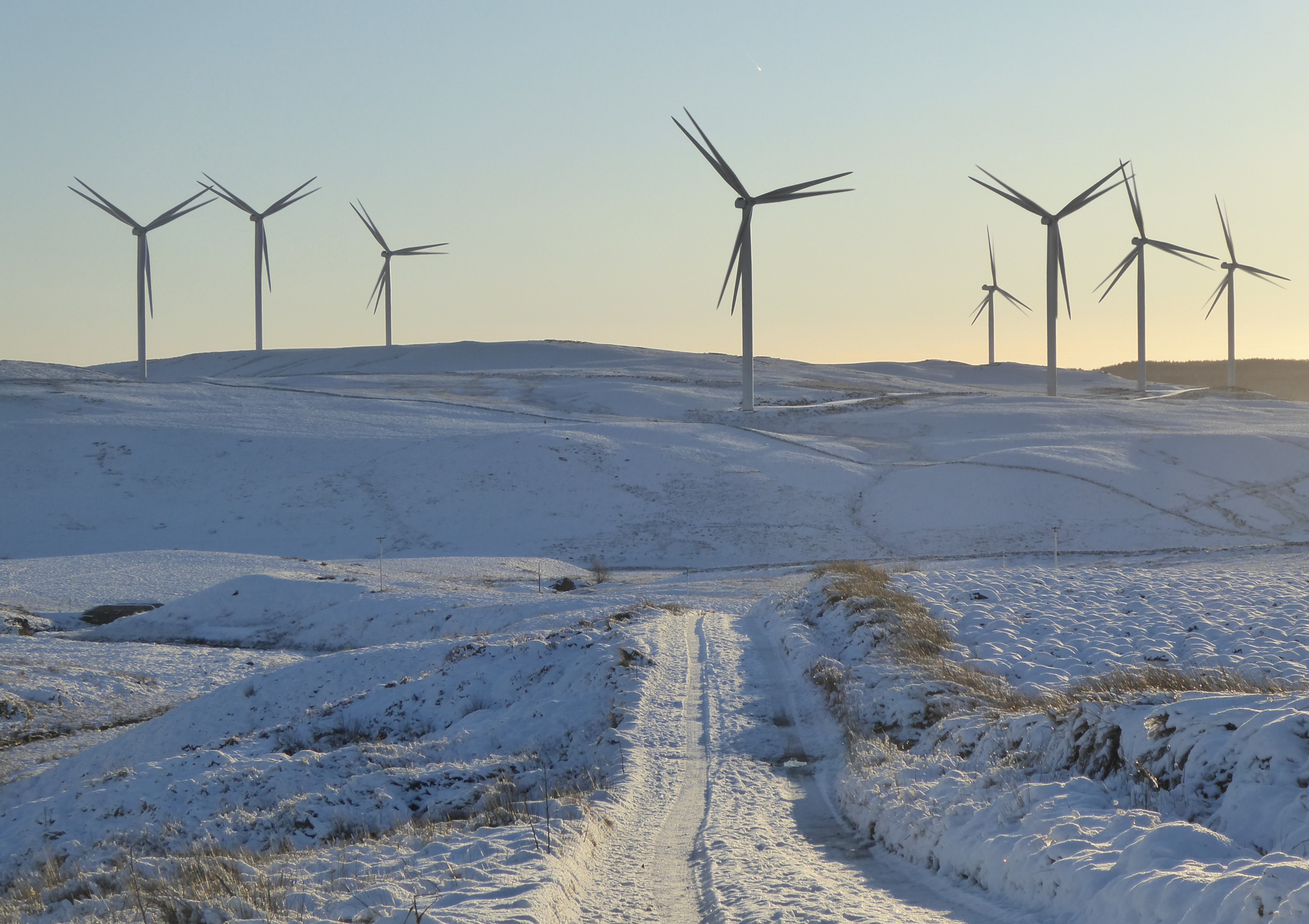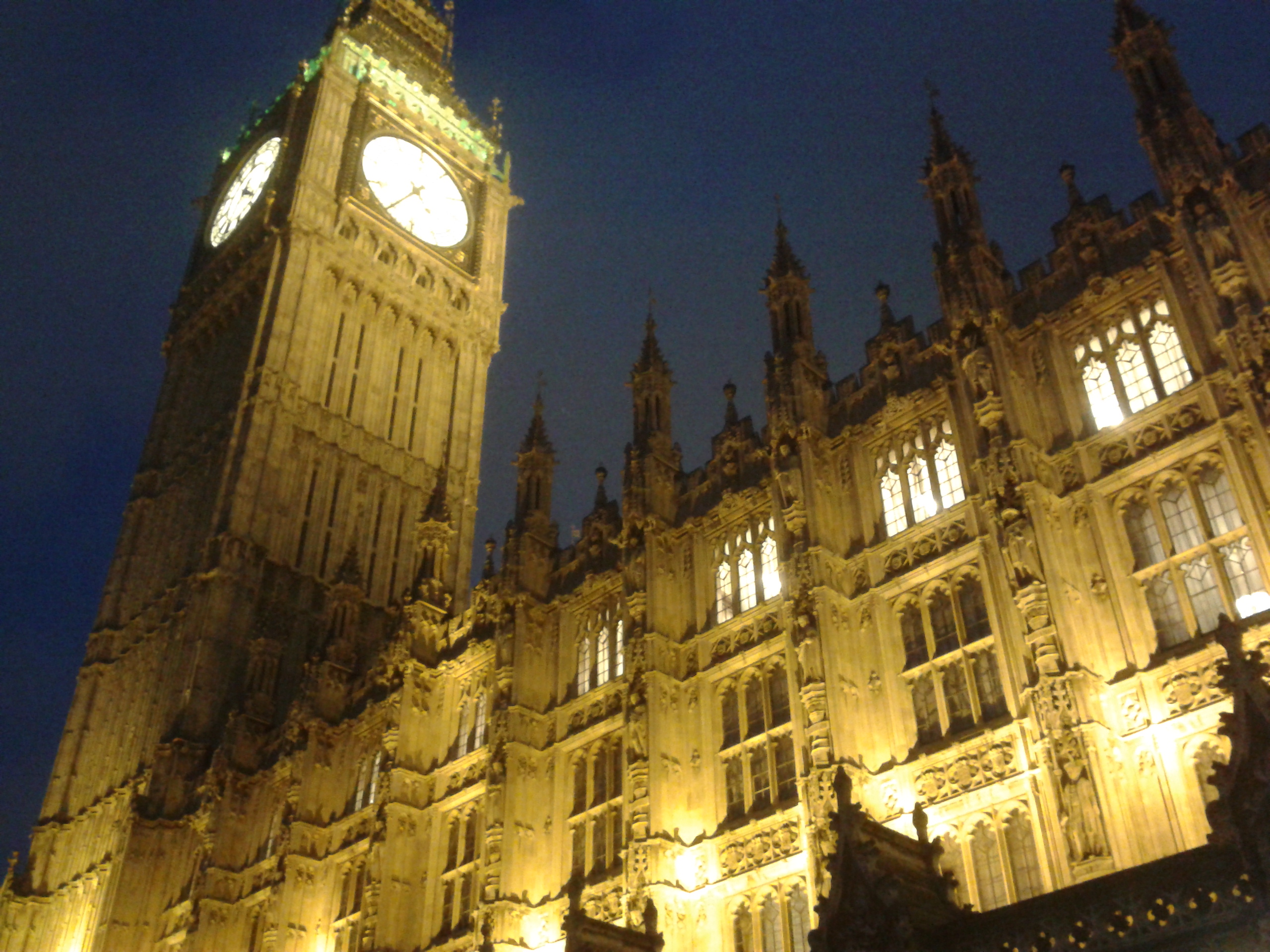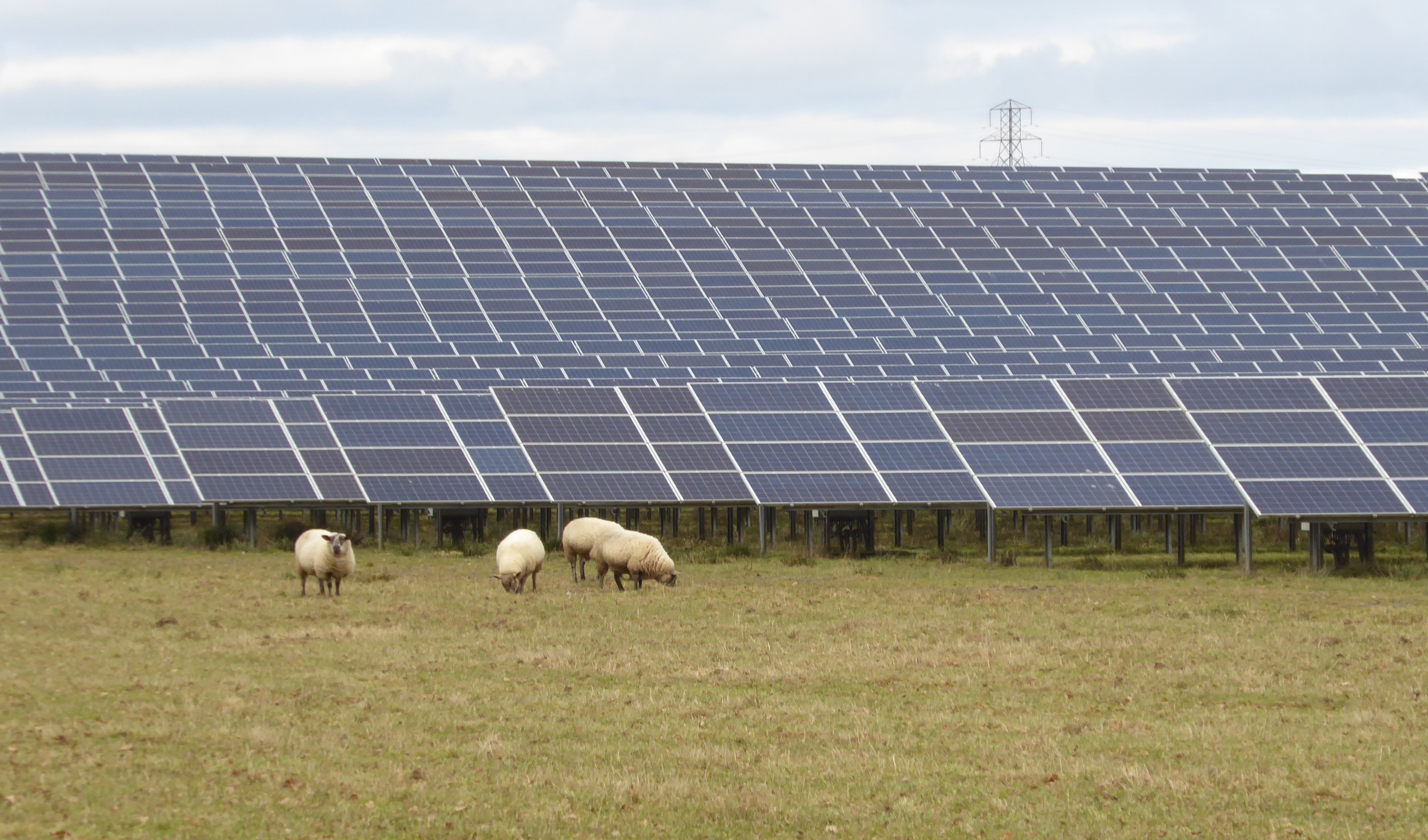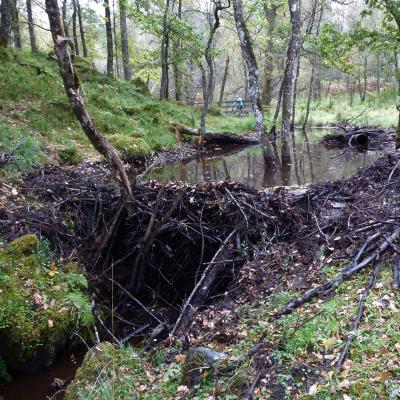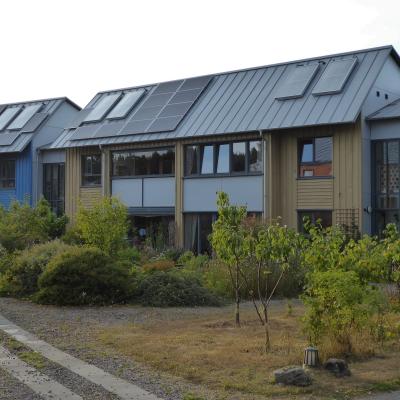Why has the cost of energy for our homes gone up so much? Why has an increase in the price of natural gas affected the cost of electricity? Welcome to the wonderful world of energy economics, explained as simply as I can!
Home energy costs have been remarkably stable for the last 10 years with the average household in the UK spending around £1,000 per year on heat and electricity. This stability has vanished, replaced by price increases and volatility. So much so, that the Government has been forced to intervene with an energy ‘price cap’ of £2,500 – more on this later.
Why has the gas price increased?
Gas is an internationally traded commodity. Like all commodities its price is based on pure economics of marginal cost and international supply and demand. It barely matters that the UK produces 50% of its own gas and that we import less than 10% from Russia (the rest is from Norway and some by tanker from the Middle East).
To explain what is meant by ‘marginal cost’, think of a global commodity like oil. Oil from the Middle East is easily extracted for $10 per barrel but the price we pay is based on the most expensive oil (the marginal oil) that the world needs, perhaps from the Arctic or the Canadian tar sands at $100 per barrel. It has to be this way, otherwise the expensive operators would shut down, supply would fall, and price would rise.
International demand for gas has gone up post covid, but the momentous change is the Russian invasion of the Ukraine. Russian policy and sanctions have restricted supply. As a consequence, the cost of buying gas has increased remarkably.
This is easy to understand, electricity is more complicated!
Why has the electricity price increased?
Renewables supply 40% of the UK's electricity, 20% from nuclear and 40% from gas. Although the cost of producing renewables and nuclear has not really changed, the price we pay for all our electricity has gone up in line with the increased cost of gas. Why?
Electricity is not a global commodity. Prices are based on the marginal cost of producing the last unit required to keep the UK national grid balanced.
So nuclear runs 24/7 and the energy suppliers try and maximise their use of cheap wind and other renewable energy. On a windy day the UK grid can run without any coal or even gas. However, on other days the gas power stations fire up. They sell at a high price otherwise they would have to close. So, despite the increase in renewables, electricity prices are still based on the cost of gas. The gas power stations are buying expensive gas and selling expensive electricity.
What about Windfarms?
Complicated again. Skip this section if you can’t cope!
When electricity prices were low (until very recently) developers would only build a windfarm if backed by public subsidies. The nature of these subsidies has changed over time. Recent windfarms are supported by contracts for difference where developers bid into an auction to supply new electricity capacity. The lowest price bids are accepted. As the market price has (until now) been below the bid price, the difference was paid as a subsidy to the windfarm operators. Now the situation has unexpectedly reversed. As the market price is above the bid price, the windfarm operators are actually paying money back which helps to reduce our bills. This is a market that is working for the benefit of consumers. Unfortunately, many of the older windfarm contracts were set up in a different manner with no payback to consumers.
So, all windfarms are doing rather well at present, some operating under older contracts are making excess profits.
Household Energy Price Cap
This was introduced by the Government to end the shoddy practice of energy suppliers offering lower prices to consumers who shopped around, leaving other (often elderly) customers on higher prices. The price cap is misnamed. It is not the maximum a household will pay, instead it is a cap on the price of buying a unit of electricity or gas. The widely (mis)quoted price cap currently (£2,500) is the average a household in the UK will pay assuming an average year. If there is a cold winter, bills will be higher. People with larger homes, detached homes, those who leave their lights on or set their thermostats too high or otherwise waste energy, those with poorly insulated homes and those who live in colder and windier locations will also pay more and vice versa. For example, some households in the Shetland Islands, off the gas grid, could spend more than double this average.
And please call it a ‘price cap per unit of electricity or gas consumed’, not a ‘price cap’.
Incidentally, multiply occupancy households are likely to pay more as between them they use more electricity, but their heating bills are likely to be far lower per person than a house with a single occupant. An effective way to reduce your energy bills is to share accommodation.
The Future
The £2,500 price cap is a very blunt, and extremely expensive solution – perhaps costing more than the £70 billion furlough scheme. Remember we, or our children, will have to pay for it.
By understanding how energy prices work, the solutions to high energy prices become rather obvious:
- Save energy, avoid waste, invest in insulation. This will directly reduce your energy bill and will indirectly have a tiny impact on demand which should help to bring the price down slightly for everyone. It also reduces Europe’s dependence on gas from Russia.
- A windfall tax on North Sea gas producers would make sense. They are making exceptional profits, due to luck, not skill. A case can also be made for a windfall tax on the owners of the older windfarm contracts. Alternatively, the Government should buy out or renegotiate these older contracts
- Build more renewable electricity, and urgently. The cost of onshore wind, and now offshore wind has come down dramatically. It was already becoming cost effective without subsidies even before the recent dramatic price rises.
- Build more storage capacity both for gas and electricity (pumped-hydro mainly).
- Run a national campaign to shift away from our dependence on natural gas, through insulation, heat networks and individual heat pumps.
This energy crisis should wake us up. Access to cheap North Sea gas has spoilt us for too long whilst Europe has sleep-walked into dependence on Russia. This is a chance to change to a stable, local, clean, and better future.
Carbon Choices
Don’t miss my future blogs! Please email me at This email address is being protected from spambots. You need JavaScript enabled to view it. and I will send you each new blog as I publish them.
You might also enjoy my book, Carbon Choices on the common-sense solutions to our climate and nature crises. Available direct from me or http://www.carbonchoices.uk/index.php/buy. I continue to donate one third of profits to rewilding projects.
Follow me at carbonchoicesuk (twitter), carbonchoices (Facebook), carbonchoices (Instagram).
